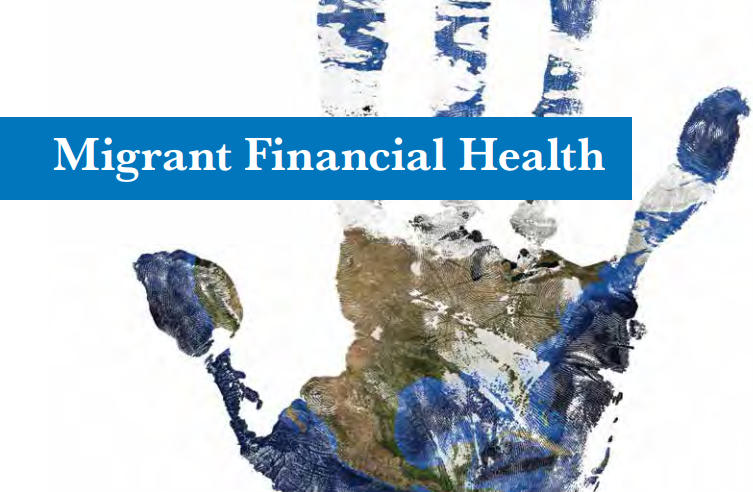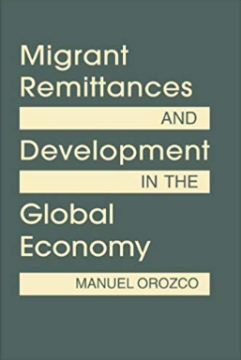The Earthquake’s Impact on Remittances
The earthquake in Haiti has exacerbated an existing distress during the international recession and increased uncertainty of what to do and how to help.
Migrants are significant contributors to our economy and society, yet today's U.S. financial system is not designed to serve their unique perspectives and financial needs in a high quality way. As a result, migrants have a higher tendency to be outside of the formal financial system and to struggle with their financial health compared to other consumers. Addressing their unique needs will optimize the potential of their contributions and those of future generations.
According to Pew Research Center, migrants account for 13% of the U.S. population totaling over 43 million people. They and their children, over 20 million second-generation American adults, have a significant, positive economic and social impact. Evidence suggests that inflows of both high-skilled and low-skilled migrants result in the long-term economic growth of this country. A National Academies of Sciences, Engineering, and Medicine's study found that second-generation Americas are strong contributors to the U.S. economy - they may pay more taxes than their parents and other U.S.-born people.
Despite their economic contributions, research shows that migrants are particularly financially vulnerable in wage, wealth, and financial health. CFSI's study on consumer financial health found that only 32% of migrants are financially healthy, compared to 45% of U.S.-born consumers. These indicators can limit their economic activity and their ability to progress, impacting the economy and the generations that follow. Normalizing these gaps may take generations and require a multi-sector approach. The financial service sector is key in this ecosystem and can take steps to improve migrant and second-generation American's financial health today.
The earthquake in Haiti has exacerbated an existing distress during the international recession and increased uncertainty of what to do and how to help.
How do patterns of migration and remittances differ across regions? What kinds of frameworks support the contributions of remittances to local development?
Despite the economic importance of migration, Central American governments have lacked integral policies to leverage migration for development.


